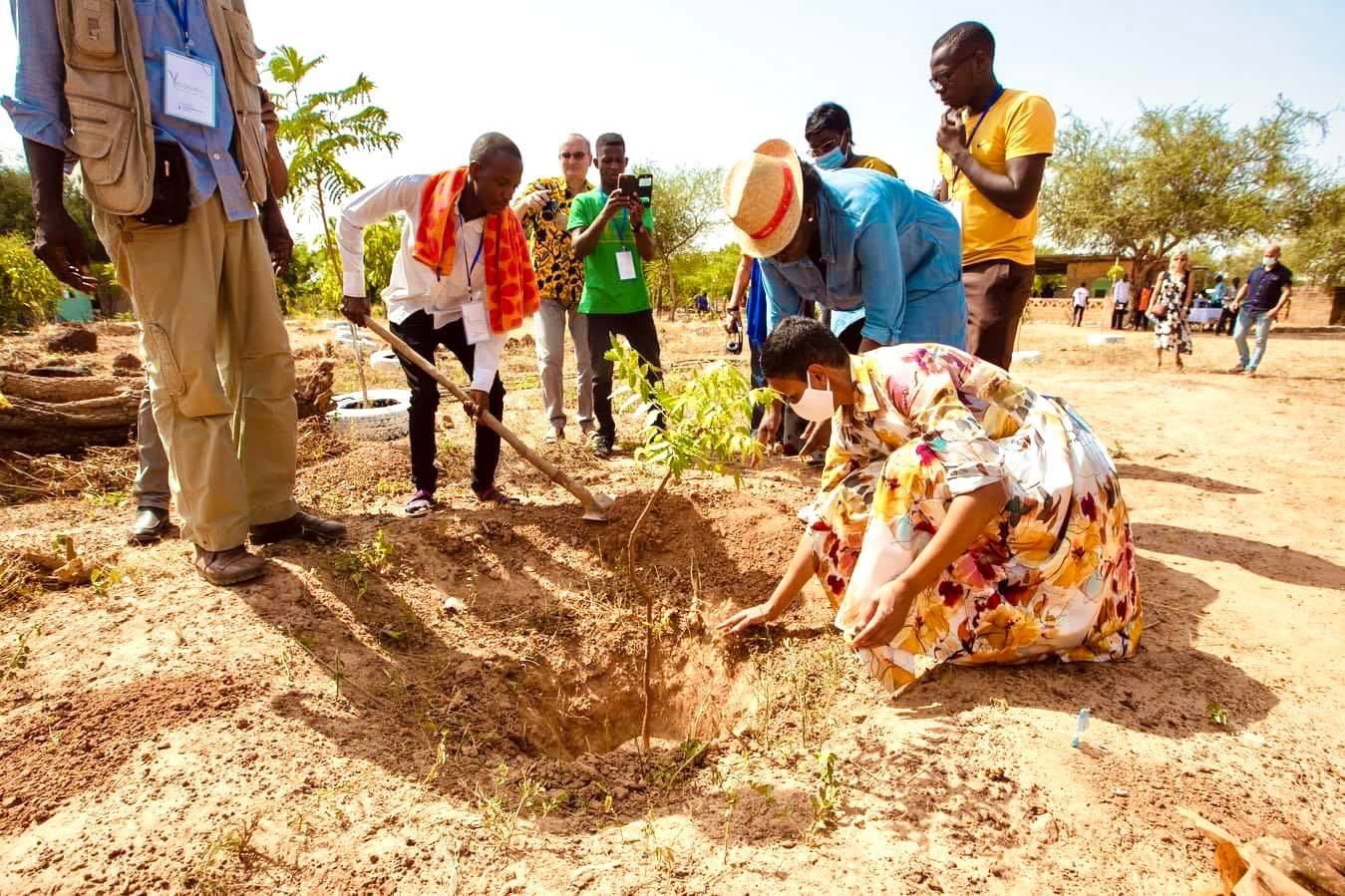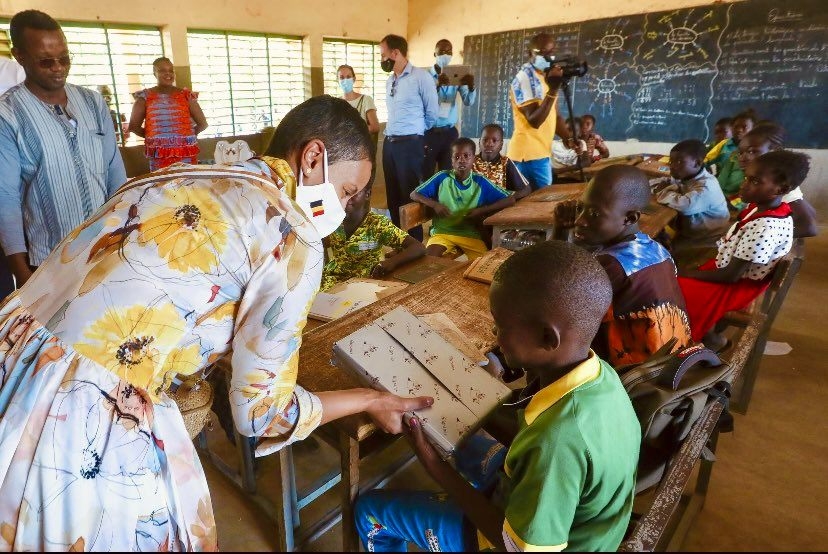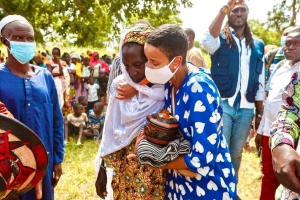Meryame Kitir presents Belgian Sahel climate programme in Burkina Faso
Meryame Kitir presents Belgian Sahel climate programme in Burkina Faso

During her working visit to Burkina Faso on 26 October, Meryame Kitir, Minister of Development Cooperation and Major Cities Policy, has presented the Belgian regional climate programme for the Sahel. It is the first time that Belgium invests in a regional programme with a specific focus on international climate action.
Development Minister Meryame Kitir is on a working visit in the Sahel where local authorities, civil society and international partners are showing her the impact of climate change. The desert-like Sahel region is particularly vulnerable to climate change. This has serious consequences for local agricultural development in a region, already vulnerable to poverty and armed conflict. A further decline due to prolonged drought and desertification would put even more pressure on the stability of the region and the life prospects of its populations. (Pictures: Belga)
Regional action

This is why Kitir presented the Belgian regional climate programme for the Sahel on Tuesday evening in Ouagadougou. This was done in the presence of the Minister for the Environment of Burkina Faso, Siméon Sawadogo. It is the first time that Belgium invests in a regional programme with a specific focus on international climate action. In total, 50 million euros will be spent over a period of five years.
"Here in the Sahel, you can literally see the situation deteriorating. Almost inch by inch you can follow who is winning: extreme droughts or humans. With this regional climate programme, we can make a difference for very many people," said Minister Kitir. "We are not only ensuring that people here in the Sahel region will absorb more the shocks of climate change. With our actions - such as planting trees or refertilizing land - we are also effectively combating climate change. And that is good for all of us."
In total, about 10,000 hectares of land - or about 20,000 soccer fields - will be made fertile again. Investments will be made in better rainwater storage and in planting trees. The aim is to support sustainable local solutions and protect existing eco-systems, including the Great Green Wall project. By combating desertification, local communities can continue to ensure their food security in the longer term.
Joining forces

With the plan, Minister Kitir not only wants to better arm the population in the Sahel against the consequences of climate change. Attention will also be paid to the development of national climate plans in the region. Kitir has been arguing for more focus on climate for some time. For example, the budget for international climate action is currently 70% higher than during the previous legislature.
"Our primary goal is to make the situation better for the people who are most affected by climate change. Actually, we all benefit from this. By massively planting trees, for example, we are combating CO2 emissions. And that is in the interest of all of us," concludes Meryame Kitir.
Minister Kitir will also participate in COP26 in early November, where she will stress the importance of joining forces internationally to take action against climate change.
"Climate change does not stop at the border. It affects us all. No one doubts that after the floods last summer. This is why it is so important that we join forces. There is only one way to tackle the climate crisis. And that is together.


